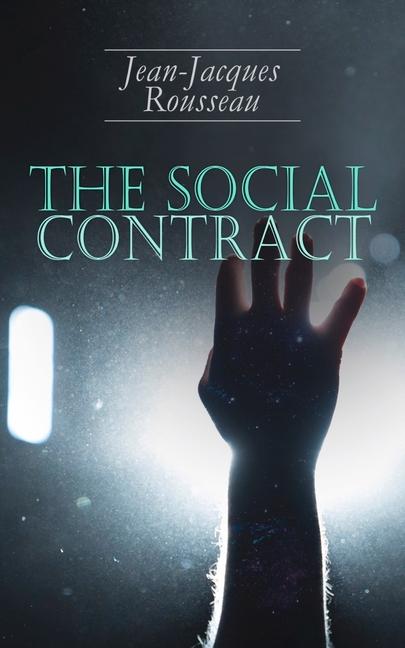
Zustellung: Mi, 18.06. - Di, 24.06.
Versand in 2 Wochen
VersandkostenfreiBestellen & in Filiale abholen:
In "The Social Contract," Jean-Jacques Rousseau presents a groundbreaking treatise on political philosophy, exploring the origins and legitimacy of governmental authority. Rousseau's literary style is both passionate and provocative, utilizing a dialogue that critiques contemporary political institutions while advocating for a new social order based on collective sovereignty. The work is set against the backdrop of Enlightenment thought, challenging the assumptions of individualism and reason that dominated his era, and establishes the famous premise that "Man is born free, and everywhere he is in chains." Through meticulously crafted arguments, Rousseau deconstructs the social inequalities of his time and champions the notion that legitimate political authority rests upon the consent of the governed, fostering a profound discussion on democracy and civic freedom. Rousseau, himself a product of the tumultuous 18th century, faced personal and societal conflicts that informed his philosophical inquiries. His upbringing in Geneva, coupled with experiences of exile and alienation, intensified his yearning for a society where individuals could achieve true sociocultural harmony. By articulating the concept of the 'general will, ' Rousseau not only offered solutions to the moral crises of his time but also foreshadowed the revolutionary changes that were to come. "The Social Contract" is essential reading for anyone interested in political theory, ethics, or the history of ideas. It invites readers to contemplate the delicate balance between individual freedom and collective responsibility, making it as relevant today as it was in the 18th century. This seminal work remains a profound source of insight into the nature of human society and the foundational principles of political organization.
Produktdetails
Erscheinungsdatum
15. April 2019
Sprache
englisch
Seitenanzahl
116
Autor/Autorin
Jean-Jacques Rousseau
Übersetzung
G D H Cole
Verlag/Hersteller
Produktart
kartoniert
Gewicht
168 g
Größe (L/B/H)
229/152/6 mm
ISBN
9788027332038
Bewertungen
0 Bewertungen
Es wurden noch keine Bewertungen abgegeben. Schreiben Sie die erste Bewertung zu "The Social Contract" und helfen Sie damit anderen bei der Kaufentscheidung.









